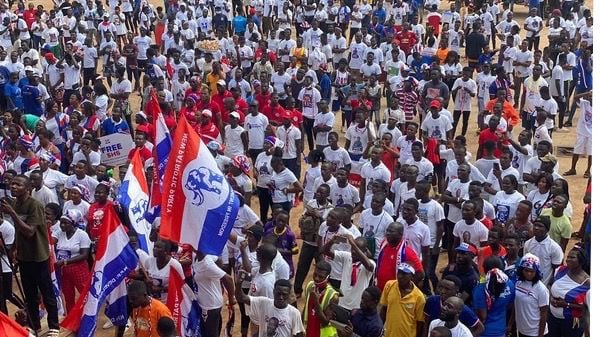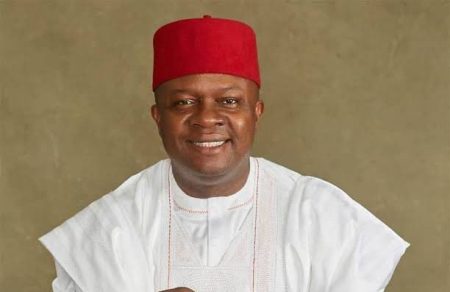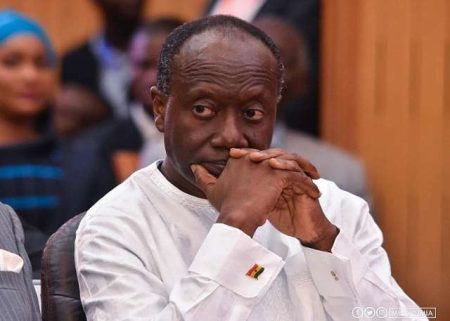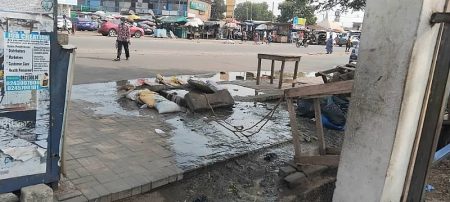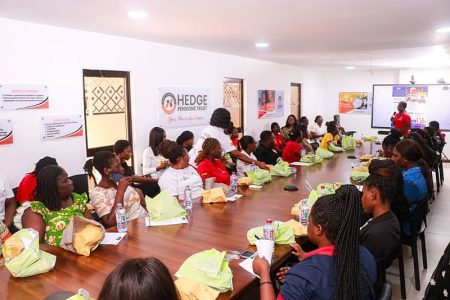Paragraph 1: Introduction
The Ghanaian political landscape has undergone a seismic shift in the first few months of 2025, marked by a dramatic decline in the support base of the opposition New Patriotic Party (NPP) and a concurrent surge in popularity for the ruling National Democratic Congress (NDC). This realignment, captured by a special poll conducted by Global InfoAnalytics, reveals a significant drop in NPP affiliation from 35% in November 2024 to a mere 21% in February 2025. Contrastingly, the NDC has experienced an unprecedented rise, boasting 55% affiliation, the highest recorded since Global InfoAnalytics began its polling, and a substantial increase from its 33% standing in November 2024. This represents the first time the NDC has surpassed the NPP in terms of party affiliation according to this polling data, raising questions about the long-term implications of this shift and its potential impact on the 2028 elections.
Paragraph 2: Nationwide Decline of NPP Support
The decline in NPP support isn’t isolated to specific regions but appears to be a nationwide phenomenon. This is further corroborated by a focused poll conducted in the Greater Accra Region, a key political battleground. The results mirror the national trend, showing a decline in NPP affiliation from 30% in November 2024 to 18% in February 2025. Simultaneously, the NDC’s support in the region has risen from 41% to a dominant 59%. This consistent pattern across both the national and regional polls underscores the widespread nature of the shift in voter preferences and suggests deeper underlying issues impacting the NPP’s standing.
Paragraph 3: Nature of the Shift in Voter Preference
A particularly troubling aspect of this shift for the NPP is not merely the decline in its support base but the destination of those departing voters. Rather than moving to a floating or undecided category, a significant number of former NPP supporters appear to have directly switched their allegiance to the NDC. This dynamic represents a more fundamental shift in political loyalty and presents a significant challenge for the NPP’s efforts to regain lost ground. Winning back voters who have firmly aligned with a rival party is a considerably more difficult task than persuading undecided or wavering voters.
Paragraph 4: The Aftermath of the 2024 Elections
This drastic change in the political landscape comes in the wake of the 2024 general elections, in which the NPP suffered a historic defeat. John Dramani Mahama of the NDC secured a resounding victory with a margin of 1.7 million votes, marking the NPP’s worst electoral performance in recent history. This significant defeat likely contributed to the current decline in NPP support, as disillusioned voters may be seeking alternative representation. The scale of the loss suggests deep-seated dissatisfaction with the NPP’s performance and raises questions about the party’s ability to recover and regain public trust.
Paragraph 5: Potential Factors Contributing to NPP Decline
Several factors may be contributing to the NPP’s declining fortunes. The resounding defeat in the 2024 elections likely played a major role, potentially leading to disillusionment among supporters and a loss of confidence in the party’s leadership. The economic climate and the government’s handling of key issues could also be influencing voter perceptions. Furthermore, any internal divisions or struggles within the NPP could further exacerbate the decline in public support. Understanding these contributing factors is crucial for the NPP to develop strategies for recovery and regain lost ground.
Paragraph 6: Future Implications and the Road to 2028
The drastic shift in voter preferences observed in the Global InfoAnalytics poll has significant implications for the future of Ghanaian politics. While it is still too early to definitively predict the long-term trajectory of this realignment, it undoubtedly poses a formidable challenge for the NPP as it navigates the road to the 2028 elections. The party will need to undertake a thorough assessment of its performance, address the concerns of voters, and present a compelling vision for the future to regain the trust and support it has lost. The NDC, on the other hand, will need to consolidate its gains, maintain its momentum, and effectively govern to sustain this surge in popularity. The dynamics observed in the coming months and years will be crucial in shaping the political landscape and determining the outcome of the 2028 elections.





